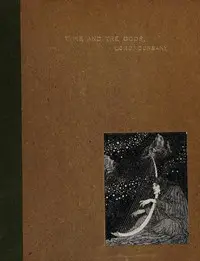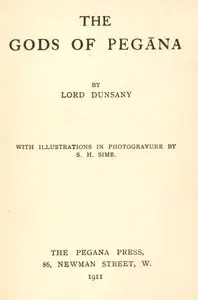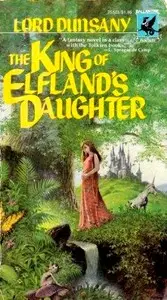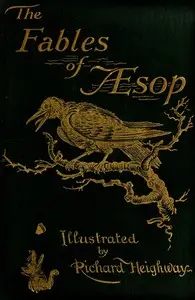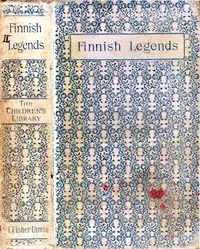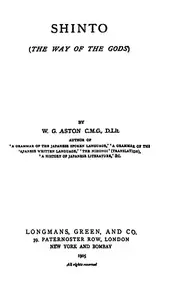"Five Plays" by Lord Dunsany is a collection of plays from the early 1900s that shows off his talent for mixing fantasy, old stories, and beautiful writing. These plays, such as "The Gods of the Mountain" and "The Golden Doom," think about big ideas like what it means to be human, what controls our lives, and the role of gods, using characters stuck between what they want and what's meant to be. "The Gods of the Mountain" starts things off with poor people complaining about how their city has lost its kindness and inspiration, wishing the sleepy gods would wake up. Then, a mysterious person named Agmar shows up with a plan to trick everyone into thinking they're gods, hoping to get back their respect and maybe even change their luck, setting the stage for stories about who we are, our place in the world, and how humans and gods affect each other.
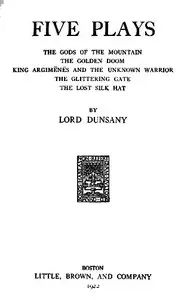
Five Plays
By Lord Dunsany
In a world where beggars become gods and fate hangs in the balance, mortals and divine forces collide in a series of captivating dramas.
Summary
About the AuthorEdward John Moreton Drax Plunkett, 18th Baron Dunsany, commonly known as Lord Dunsany, was an Anglo-Irish writer and dramatist. He published more than 90 books during his lifetime, and his output consisted of hundreds of short stories, plays, novels, and essays; further works were published posthumously. Having gained a name in the 1910s as a great writer in the English-speaking world, he is best known today for the 1924 fantasy novel The King of Elfland's Daughter, and his first book, The Gods of Pegāna, which depicts a fictional pantheon. Many critics feel his early work laid grounds for the fantasy genre.
Edward John Moreton Drax Plunkett, 18th Baron Dunsany, commonly known as Lord Dunsany, was an Anglo-Irish writer and dramatist. He published more than 90 books during his lifetime, and his output consisted of hundreds of short stories, plays, novels, and essays; further works were published posthumously. Having gained a name in the 1910s as a great writer in the English-speaking world, he is best known today for the 1924 fantasy novel The King of Elfland's Daughter, and his first book, The Gods of Pegāna, which depicts a fictional pantheon. Many critics feel his early work laid grounds for the fantasy genre.

